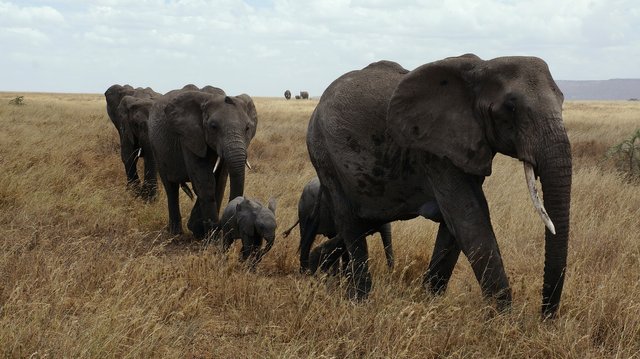Saving endangered spaces for endangered species
The Zululand Rhino Reserve (ZRR) in Kwazulu-Natal’s Msunduzi Valley is an exceptionally important conservation stronghold, playing a pivotal role in expanding the range of the critically endangered black rhino.
17 landowners came together in 2004 to drop their fences, in response to the World Wildlife Fund’s (WWF) initiative to expand the black rhino’s range by moving populations from provincial and national parks to private reserves with good security protection.

In 2005, ZRR was chosen as the second release site for the Black Rhino Range Expansion Project. Despite the devastating rhino poaching epidemic, the reserve’s rhino management programme has yielded great success so far, with both black and white rhino populations steadily increasing.
Monitoring the animals is an expensive and painstaking exercise. Microchips are used to link the horn to the animal if it is poached, and their ears are notched to identify each individual. Uniquely, members of the public can join in on these activities, gaining a better understanding of the exhaustive measures needed to protect our rhino.
The reserve’s slogan, “Saving endangered spaces for our endangered species”, represents more than just rhino conservation. A number of other conservation projects are taking place, covering creatures great and small. Leopard tortoises and red-billed oxpeckers have been introduced to the ecosystem, while leopards, vultures, cheetahs and lions are constantly being studied and monitored.
The reserve is also doing sterling work with the community. In 2007, funding and labour were sourced to build a much-needed crèche for 35 children, many of them AIDS orphans. The reserve assists educators in implementing environmental programmes in schools, and takes kids out into the wild to join the game capture team for rhino darting. Communities are benefitting from numerous other initiatives such as employment creation, water distribution and management of community reserves.
There are seven lodges within the reserve, offering a range of all-inclusive accommodation and Big Five game viewing. You can also take part in elephant interactions and bush walks. By staying here, you immediately contribute to the objectives of a place carrying out some incredible work to protect our precious wildlife.
*This article was written by a TWNA journalist, Dale Hes for The Traveller magazine.